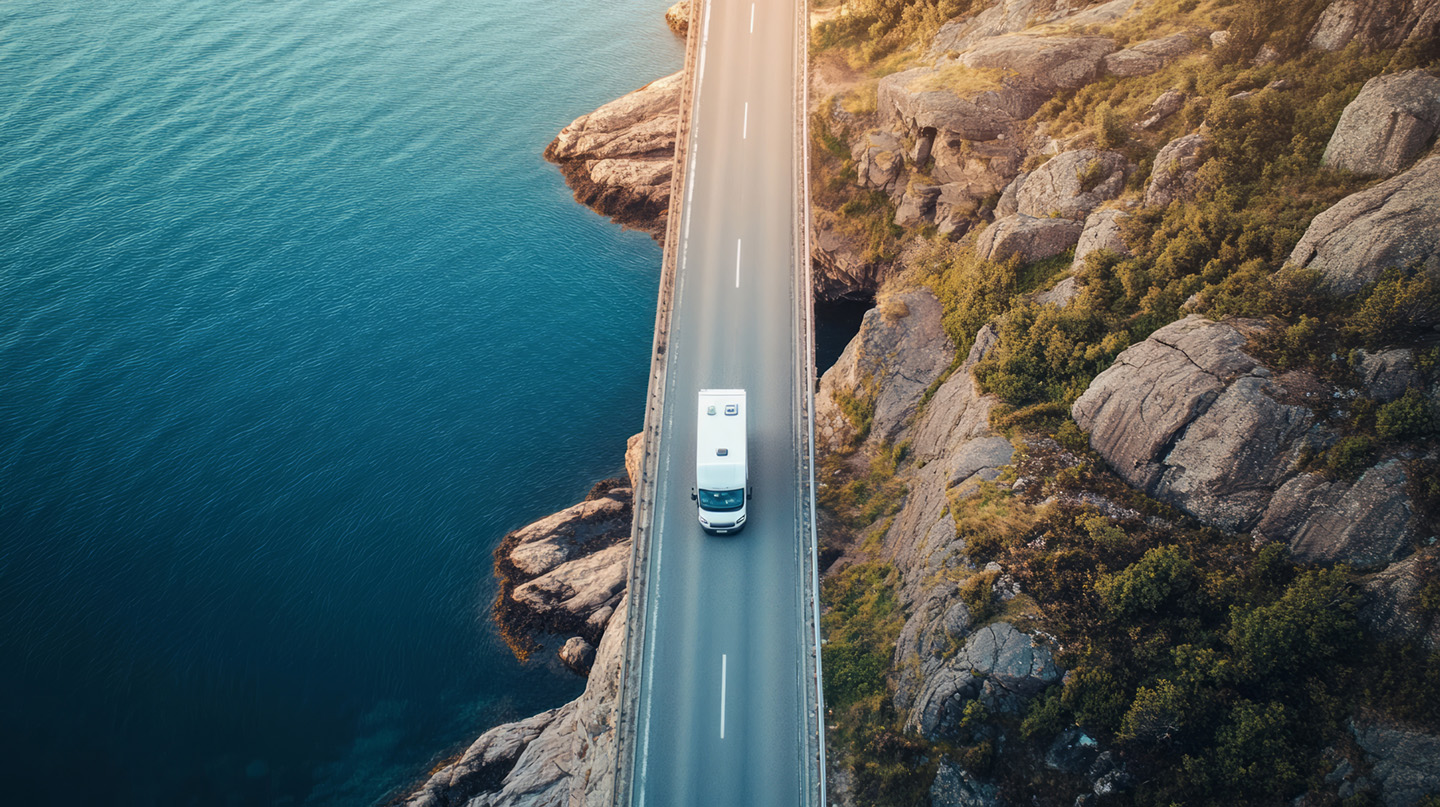Campervans
BROWSE BY BERTH
BROWSE BY TYPE
News
EVENTS & PROMOS
More
MY LOWDHAMS


